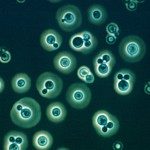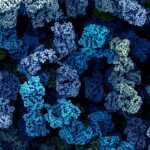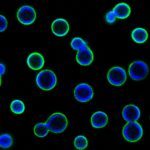A practical course on RNA methods
RNA research is at the basis of our current understanding of gene expression regulation and was crucial for the discovery of tools such as siRNA and CRISPR/Cas9. RNA degradation mechanisms are essential for the defense of eukaryotic cells against many viruses, and the studies of molecular mechanisms by which viruses fight back are important to understand host-pathogen interactions.
One of the best studied RNA degradation pathways, which limits viral replication and shapes the transcriptome by “cleaning” aberrant non-coding RNAs is the “Nonsense mRNA Mediated Decay” (NMD). NMD monitors the capacity of mRNAs to be adequately translated into full-length proteins. NMD degrades mRNAs with premature termination codons (PTCs), a diverse class of RNA molecules that are by-products in the natural process of RNA synthesis because RNA splicing can be inefficient or RNA polymerase can often start transcription after the position of the start codon (e.g. Malabat et al., eLife, 2015).
During the course, the students will become familiar with three major experimental strategies for RNA quantification: RNA sequencing, RT-qPCR and Northern blotting. These methods will be used to estimate how NMD affects cellular transcripts and to learn how to look at the data beyond the obtained numbers. Interpretation of the results will include a brief introduction about using command-line tools and R for data analysis and interpretation.
Attendants
While this practical course includes mostly master degree (M2) students, it is also open to young scientists who begin working on RNA. Candidates should be familiar with molecular biology bench work and will need basic bioinformatic skills.
More information here.
(https://www.pasteur.fr/fr/enseignement/programmes-cours/cours-pasteur?id_cours=32252)
Directors: Claire Torchet (SU) and Cosmin Saveanu (IP)
Technical manager: Isabelle Lequeutre (IP)
Scientific conferences: Zeynep Baharoglu (IP), Germano Cecere (IP)
Lecturers: Rachel Legendre (IP), Stevenn Volant (IP), Odile Sismeiro (IP), Laurence Decourty (IP), Mathilde Garcia (IBPS, Sorbonne Université, Paris)









